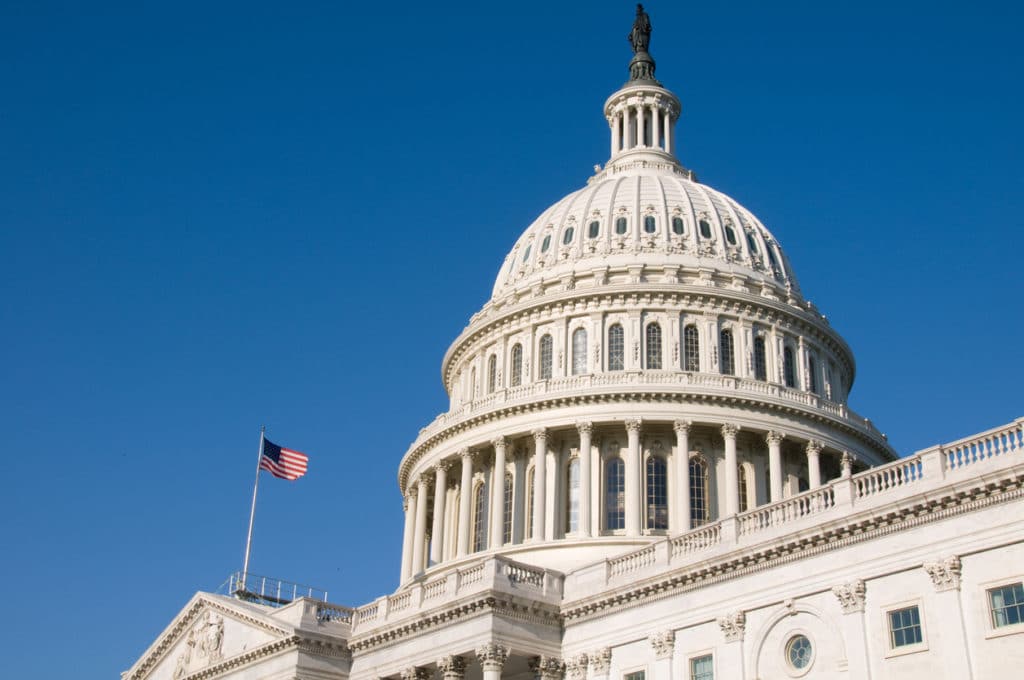On March 9, the Protecting the Right to Organize Act of 2021 (PRO Act) passed the U.S. House of Representatives. The PRO Act expands various labor protections related to employees’ rights to organize and collectively bargain and, according to a National Law Review article, “would be the most significant labor law reform in the United States since the World War II-era Taft-Hartley Act.” Among the wide-ranging provisions in the bill are whistleblower protections for employees who blow the whistle on violations of a key federal labor law.
Section 202 of the PRO Act amends the Labor Management Reporting and Disclosure Act of 1959 (LMRDA) to include whistleblower protections. The new provisions prohibit employers or labor organizations from terminating or any other way discriminating against an employee who reports possible violations of the LMRDA. Under the new amendments, employees and former employees are protected when disclosing information about LMRDA violations to their employer, labor organization, the Department of Labor, “or any other State, local, or Federal Government authority or law enforcement agency.”
The LMRDA primarily regulates labor unions’ internal affairs and aims to provide greater protections for individual union members. Title I of the LMRDA outlines a bill of rights for members of labor organizations. The Act states that “every member of a labor organization shall have equal rights and privileges within such organization to nominate candidates, to vote in elections or referendums of the labor organization, to attend membership meetings and to participate in the deliberations and voting upon the business of such meetings.” Title I of the Act also grants union members freedom of speech and assembly and due process rights. The Act additionally prohibits labor organizations from raising membership fees without first going through established procedures.
In addition to outlining rights for individual union members, the LMRDA contains provisions governing the behavior of labor organization officials. For example, the Act dictates that all labor organization officials must act as a fiduciary in handling the money, assets, and property of the organization.
Under the PRO Act’s amendments, an individual who faces retaliation for disclosing a violation of the LMRDA may file a complaint with the Secretary of Labor within 180 days of the retaliatory act. The Department of Labor will then investigate the allegations. Under the PRO Act, the burden of proof would fall upon the whistleblower, meaning that the whistleblower must prove that their disclosure was a “contributing factor” in the retaliatory action. After the Secretary of Labor issues a preliminary order on the case, either the whistleblower or the defendant may file an appeal. An appeal would lead to a hearing in front of an administrative law judge and within 120 days of the hearing, the Secretary of Labor would issue a final decision on the case.
In instances where a whistleblower’s complaint is successful, the PRO Act outlines a variety of relief that could be granted to the whistleblower. This includes reinstatement, back pay with interest, compensatory damages, and the expungement of all warnings, reprimands, or derogatory references made in response to the whistleblower’s protected disclosure.
In instances where the Secretary of Labor rules against the whistleblower or does not issue a final order within 270 days of the whistleblower’s complaint, the PRO Act allows whistleblowers to “bring an action at law or equity for de novo review in the appropriate district court of the United States.” Whistleblower advocates view de novo review provisions as key elements of strong whistleblower legislation.
The PRO Act’s fate in the U.S. Senate is uncertain. Senate Majority Leader Chuck Schumer (D-NY) reportedly told AFL-CIO head Richard Trumka that the Senate will hold a vote on the bill if it receives 50 cosponsors. The bill is supported by many union leaders and Democrats but opposed by a majority of Republicans and big business groups.
Read:
